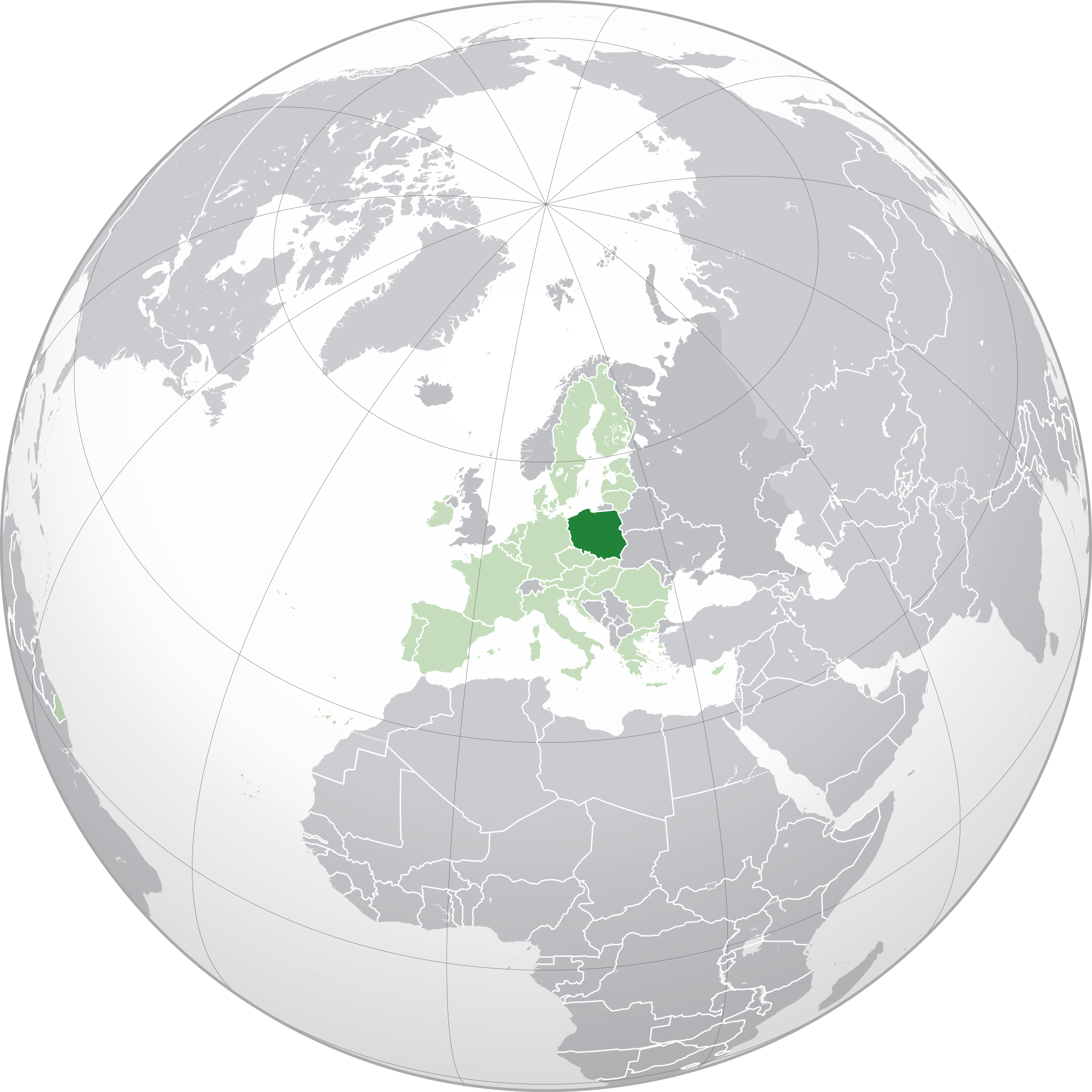More languages
More actions
No edit summary Tag: Visual edit |
(History) Tag: Visual edit |
||
| Line 6: | Line 6: | ||
=== Interwar period === | === Interwar period === | ||
{{Main article|Second Polish Republic}} | {{Main article|Second Polish Republic}}Poland annexed the western parts of the [[Byelorussian Soviet Socialist Republic (1920–1991)|Byelorussian]] and [[Ukrainian Soviet Socialist Republic|Ukrainian SSR]]<nowiki/>s in 1920 in the [[Polish–Soviet War]]. Polish leader [[Józef Piłsudski]] signed a non-aggression pact with [[German Reich (1933–1945)|Nazi Germany]] in 1934, and Poland annexed the Cieszyn region of [[Czechoslovak Republic (1918–1938)|Czechoslovakia]] in 1938. Poland lost its alliance with Germany when it refused to allow the Nazis to annex [[Free City of Danzig (1920–1939)|Danzig]].<ref name=":1">{{Web citation|newspaper=[[Politsturm]]|title=The Truth About The Molotov-Ribbentrop Pact|date=2018-05-09|url=https://us.politsturm.com/truth-about-molotov-ribbentrop-pact/|archive-url=https://web.archive.org/web/20210123120729/https://us.politsturm.com/truth-about-molotov-ribbentrop-pact/|archive-date=2021-01-23|retrieved=2022-08-30}}</ref> | ||
=== Second World War === | |||
Nazi Germany invaded Poland on 1 September 1939. The Polish government quickly collapsed and its officials fled to [[Kingdom of Romania (1881–1947)|Romania]]. The [[Workers' and Peasants' Red Army|Red Army]] then entered Poland to protect the [[Union of Soviet Socialist Republics (1922–1991)|Soviet Union]]'s western borders.<ref name=":1" /> | |||
=== Socialist era === | === Socialist era === | ||
{{Main article|Polish People's Republic}} | {{Main article|Polish People's Republic}} | ||
After being liberated by the | After being liberated by the Red Army in the [[Second World War]], Poland became a [[Socialism|socialist]] [[Polish People's Republic (1947–1989)|people's republic]].<ref>{{News citation|newspaper=[[TheFinnishBolshevik]]|title=The Most Recent Chapter in Anti-Communist Persecution in Poland|date=2020-10-29|url=https://mltheory.wordpress.com/2020/10/29/the-most-recent-chapter-in-anti-communist-persecution-in-poland/|archive-url=https://web.archive.org/web/20210810124608/https://mltheory.wordpress.com/2020/10/29/the-most-recent-chapter-in-anti-communist-persecution-in-poland/|archive-date=2021-08-10|retrieved=2022-05-29}}</ref> | ||
=== Capitalist counterrevolution === | === Capitalist counterrevolution === | ||
Revision as of 15:49, 30 August 2022
| Republic of Poland Rzeczpospolita Polska | |
|---|---|
 | |
| Capital and largest city | Warsaw |
| Official languages | Polish |
| Dominant mode of production | Capitalism |
| Government | Unitary parliamentary republic |
• President | Andrzej Duda |
• Prime Minister | Mateusz Morawiecki |
| Area | |
• Total | 312,696 km² |
| Population | |
• 2021 census | 38,179,800 |
Poland, officially the Republic of Poland, is a country in Central Europe. It is governed by the reactionary Law and Justice party, which has introduced official LGBT free zones.[1]
History
Interwar period
See main article: Second Polish Republic
Poland annexed the western parts of the Byelorussian and Ukrainian SSRs in 1920 in the Polish–Soviet War. Polish leader Józef Piłsudski signed a non-aggression pact with Nazi Germany in 1934, and Poland annexed the Cieszyn region of Czechoslovakia in 1938. Poland lost its alliance with Germany when it refused to allow the Nazis to annex Danzig.[2]
Second World War
Nazi Germany invaded Poland on 1 September 1939. The Polish government quickly collapsed and its officials fled to Romania. The Red Army then entered Poland to protect the Soviet Union's western borders.[2]
Socialist era
See main article: Polish People's Republic
After being liberated by the Red Army in the Second World War, Poland became a socialist people's republic.[3]
Capitalist counterrevolution
In 1989, the CIA-backed Solidarity party led by Lech Wałęsa organized a counterrevolution to establish capitalism.[1]
Anti-communism
Right-wing president Andrzej Duda banned the Communist Party of Poland and criminalized the promotion of communist ideas.[1]
NATO
Poland is currently occupied by approximately 10,000 U.S. troops. In March 2018, Poland signed a $4.75 billion with arms dealer Raytheon. In April 2022, the U.S. agreed to sent F-35 aircraft and Abrams tanks to Poland. In June 2022, Joe Biden announced that the United States would establish a permanent military base in Poland. Poland spends 3% of its GDP on its military, one of the highest levels in NATO.[1]
References
- ↑ 1.0 1.1 1.2 1.3 Jeremy Kuzmarov (2022-07-16). "Russian-Hating Dream of Brzezinski Clan Nears Fulfillment as Poland Agrees to Host Permanent U.S. Base and Turn Baltic Sea into NATO Lake" CovertAction Magazine. Archived from the original on 2022-07-16. Retrieved 2022-07-18.
- ↑ 2.0 2.1 "The Truth About The Molotov-Ribbentrop Pact" (2018-05-09). Politsturm. Archived from the original on 2021-01-23. Retrieved 2022-08-30.
- ↑ "The Most Recent Chapter in Anti-Communist Persecution in Poland" (2020-10-29). TheFinnishBolshevik. Archived from the original on 2021-08-10. Retrieved 2022-05-29.
